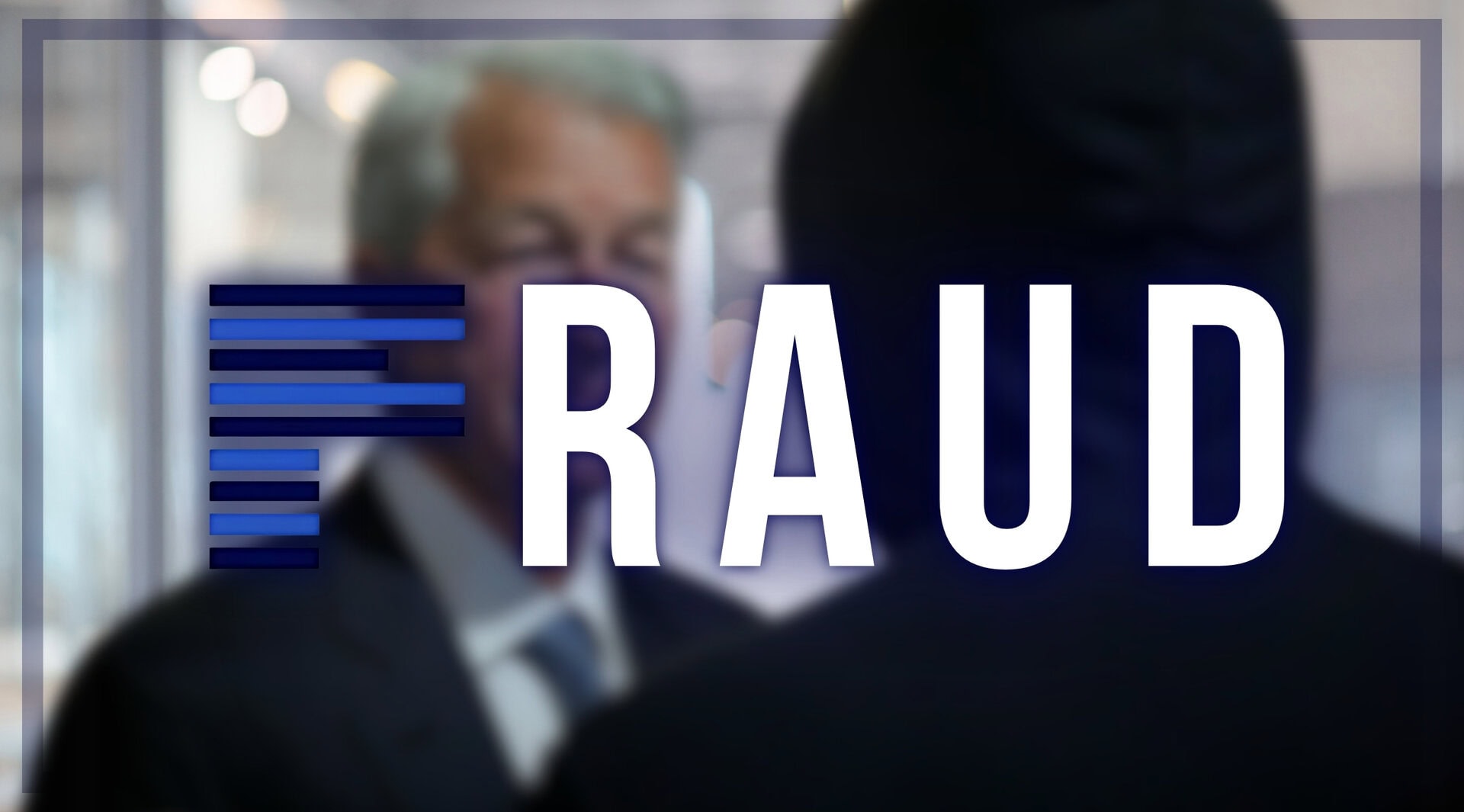By Rolands Mesters, CEO and co-founder of Nordigen
The main goal and use of open banking is allowing customers to link their bank accounts to third party applications. This leads to better services, more automation, deeper insights and quicker processes. It is typically a B2B connection that allows for better use of online applications. But open banking is not only a fantastic way to manage money and take advantage of third party services, it is also an opportunity to help others and support loved ones within their financial journeys.
Open banking is leading the way in fintech innovations, helping create unique and beneficial services and experiences for their customers and helping them connect with and aid other individuals. Open banking brings with it more financial control, more tools to help with financial stress and negative habits. It lets individuals employ the help of well-meaning advisors and make the best financial decisions overall.
Better access to financial services for disabled people
Research by Which? last year highlighted the difficulties that individuals with disabilities faced while banking in the UK. Around 35% of those participating in the survey noted that it was fairly or very difficult to use physical bank offices. Banks often lacked in providing sufficient wheelchair access, ATMs were only usable from standing heights, there were often long queues and a shortage of seats and disabled bathrooms. Digital banking rose in popularity, as did the amount of online financial services that could be accessed virtually anywhere.
Open banking has allowed for these services to be taken even further, with not only banks, but financial advisors, lending providers and more, to be able to provide full ranges of services online, with no additional documentation required. All that is needed as a prerequisite for use is internet connection.
Identity verification is another hurdle, as research suggests that it isn’t uncommon for people with learning disabilities to have difficulty in obtaining identity documentation, such as utility bills in their own names. Additionally, making a trip to a physical location is a difficult for people with disabilities. Open banking enables the use of online verification systems, where once an individual has one account with proven identity verification, new ones can be created without the additional documentation and hassle.
Shared financial control
In cases where learning disabilities, mental health issues and memory difficulties may prevent individuals from taking full control of their money, applications such as Touco have been created to help share financial information with loved ones and carers. Touco is designed to help people who may need extra guidance in managing their finances or may be an easier prey for scammers and fraudulent activities. The application allows for a trusted carer or family member to link to bank accounts through open banking and let them view financial transactions to help alleviate anxiety and stress on both sides.
This idea can be further spread to include individuals who are aware of their poor impulse control or spending addictions. There are plans in place to develop applications with built-in account assistants, that analyse bank data and give users the option to nominate a friend or a trusted advisor to take over when their funds fall below a certain limit, or their activity is flagged.
Easier donations to charities and vulnerable groups
Open banking can further help in the creation of services and products that aid industries affected by cash-use decline and vulnerable groups. Data gathered on customer habits had highlighted the falling use of cash among the general population. This in turn affected charities who often rely on cash donations, leading to the creation of open banking powered charity payment systems. Open banking allows for instant donations delivered from a bank account straight to the charity or organisation. Outside of charities, this can be also employed for quick money transfers to vulnerable groups, such as homeless and domestic abuse shelters.
About the author
Rolands Mesters is the CEO and co-founder of Nordigen, the only freemium open banking API that connects to more than 2,100 banks making it the largest network of bank connections in Europe. Rolands is a sales and growth hacker who is passionate about fintech and alternative lending. Nordigen began as a data analytics company that builds solutions for categorising and analysing bank account data. In December 2020, the company launched Europe’s first free open banking account data API. Rolands has been featured in the Forbes Latvia 30 Under 30 list as well as being featured in TechCrunch, Sifted, and the Financial Times. Rolands regularly shares fintech insights and analysis on open banking at top international fintech events, and is considered one of the foremost experts on open banking worldwide.
Author: Rolands Mesters
#OpenBanking #B2B #DigitalBanking #DataAnalytics #FinTech















